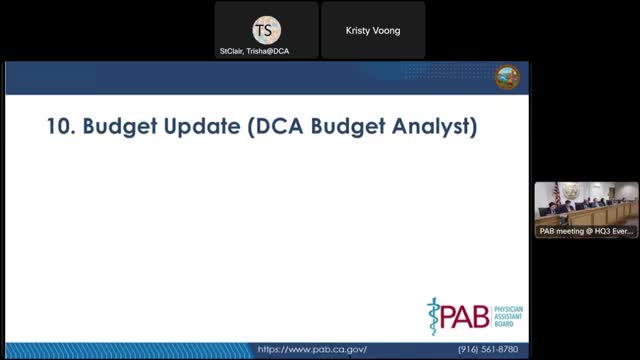Article not found
This article is no longer available. But don't worry—we've gathered other articles that discuss the same topic.
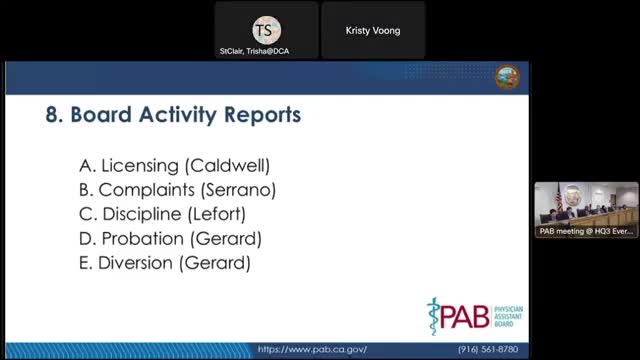
PA Board reviews dozen bills on AI, emergency waivers and exams; takes positions on several measures
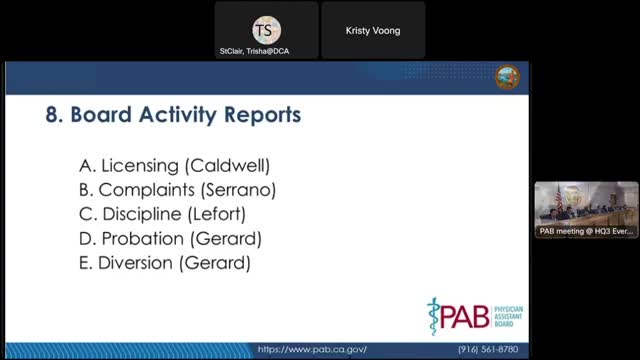
Board enforcement workload grows; staff report longer investigations and rising citations
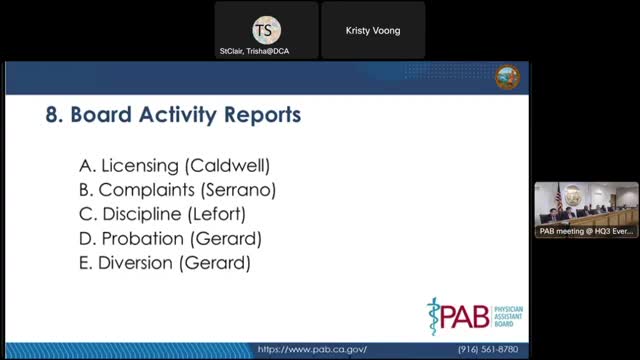
California has roughly 19,000 licensed PAs; programs expanding to add nearly 1,100 annual slots
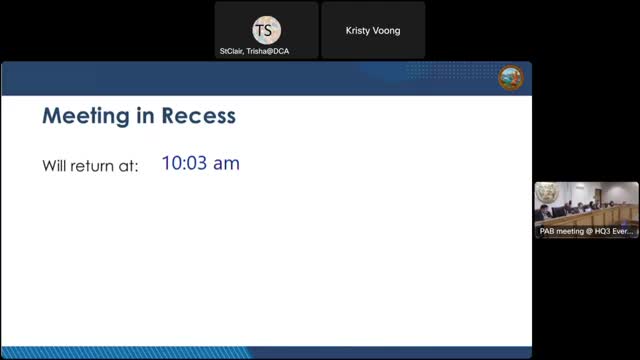
PA board initiates rulemaking to limit 'retired' restorations to five years and require DOJ fingerprint check
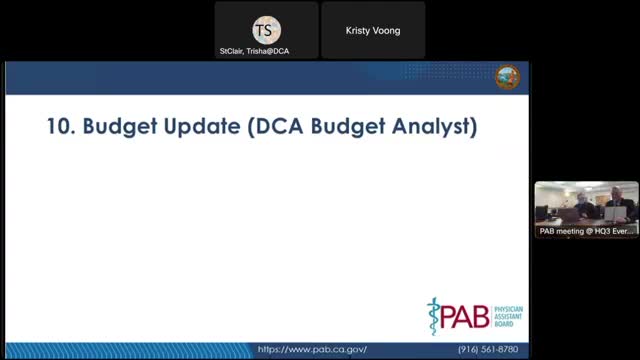
PA board budget office projects reserves to decline; enforcement costs drive augmentations
